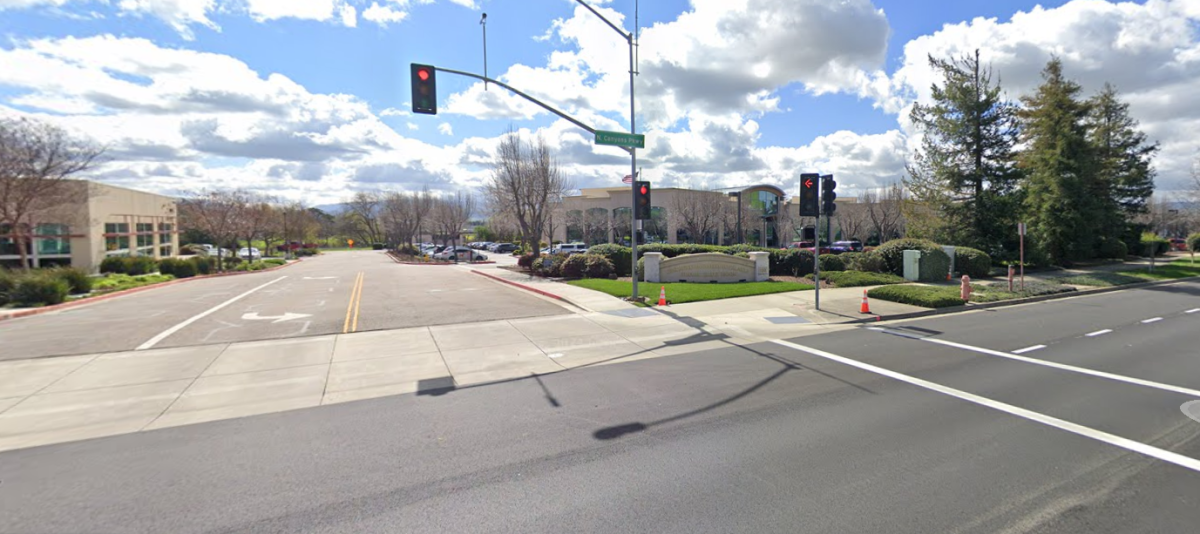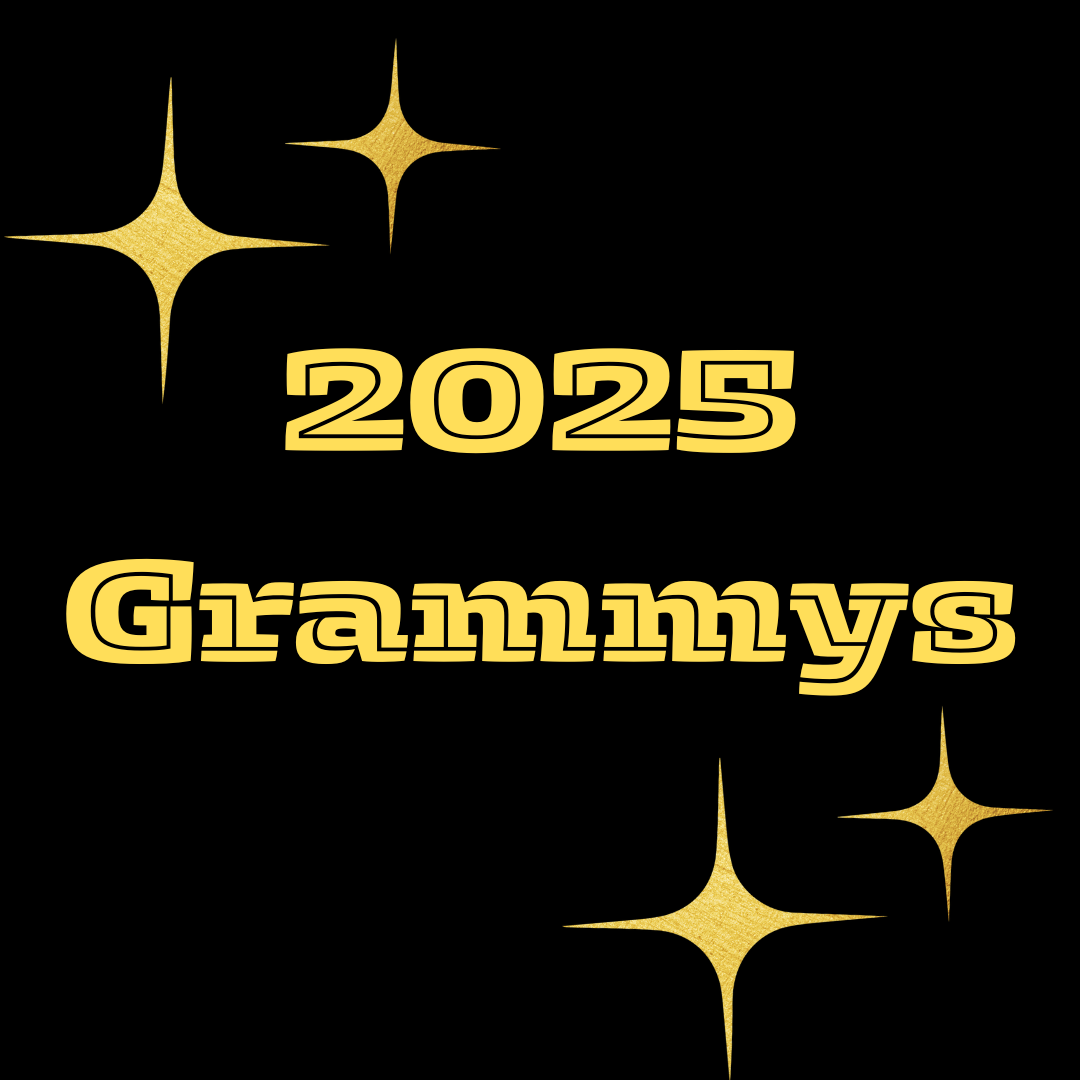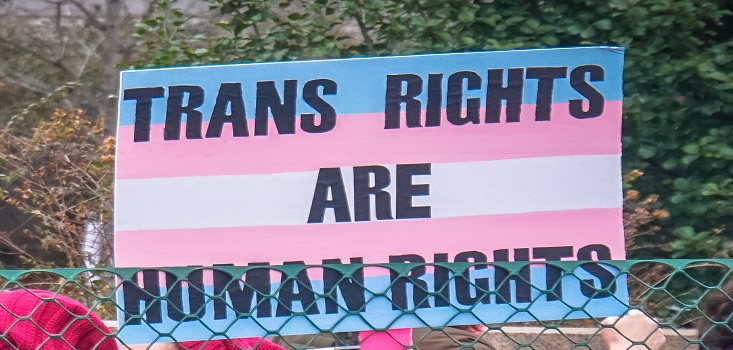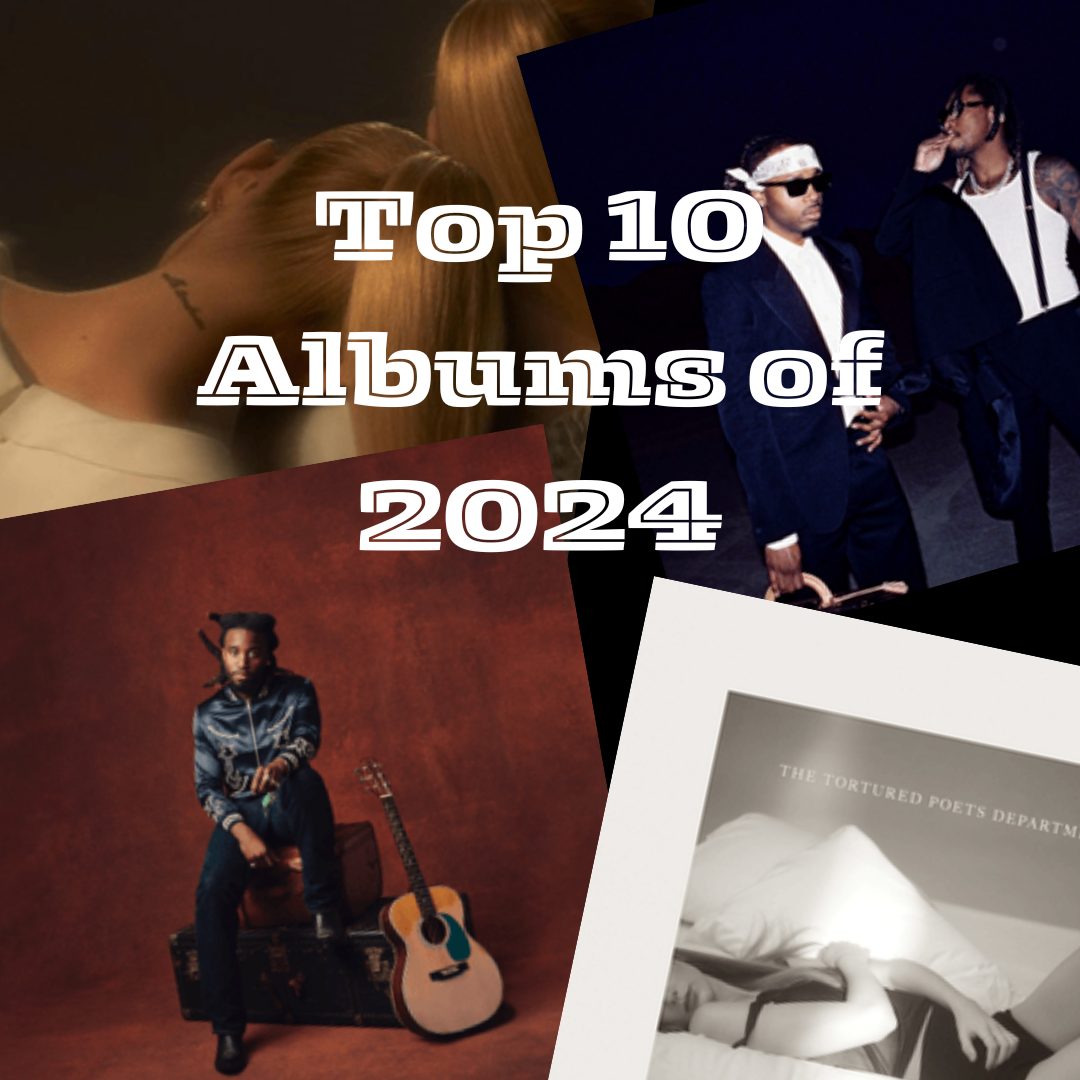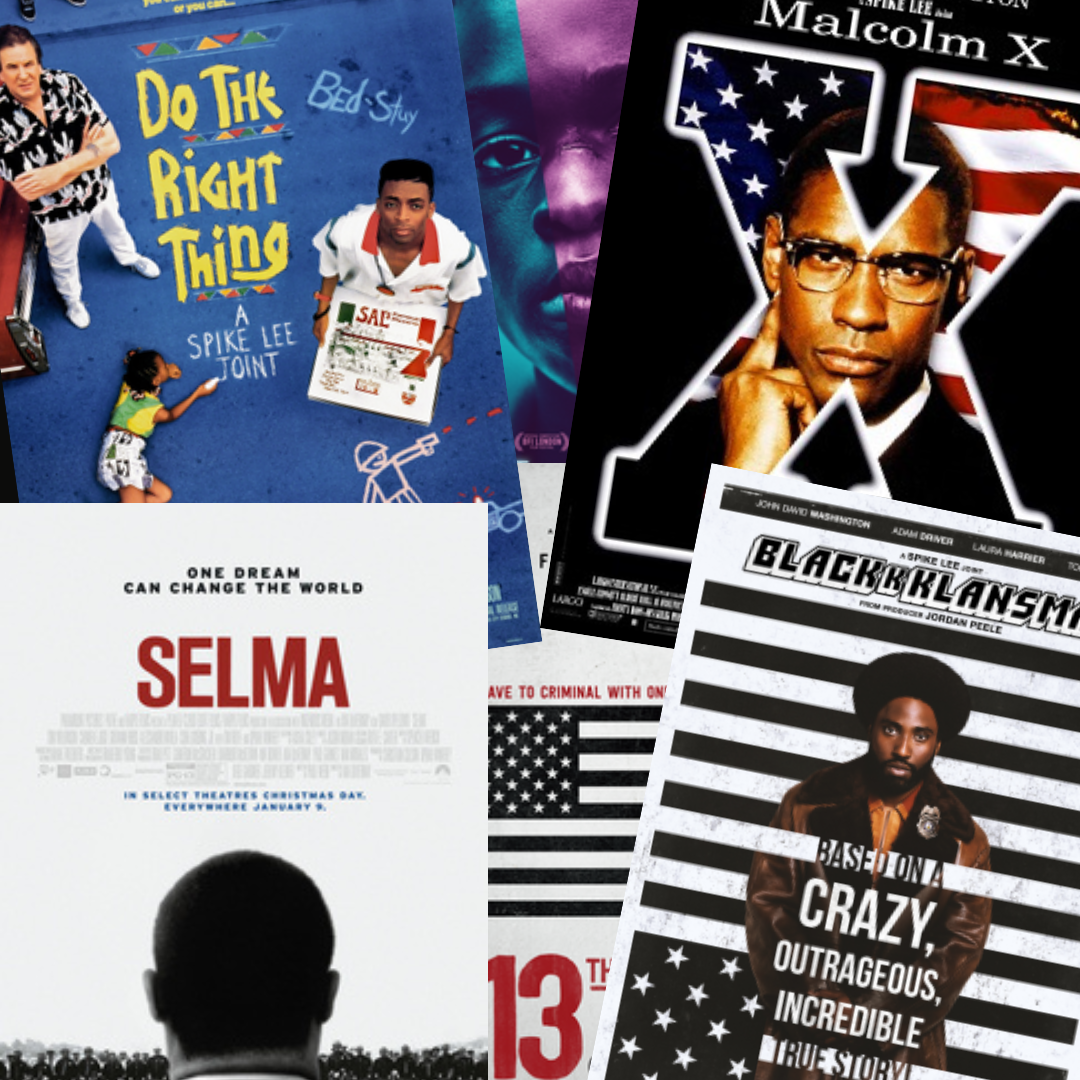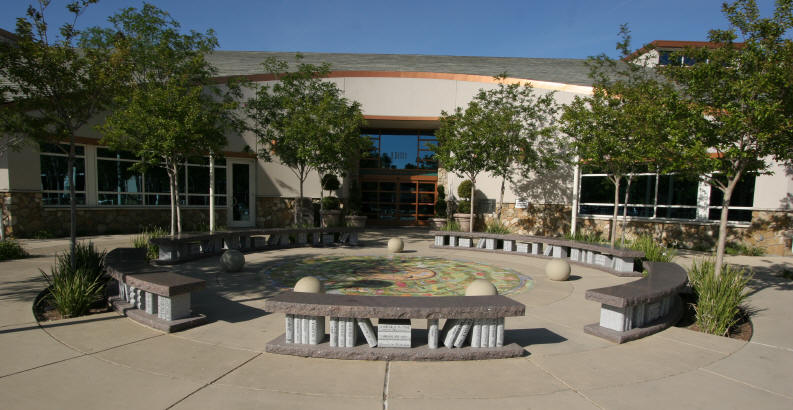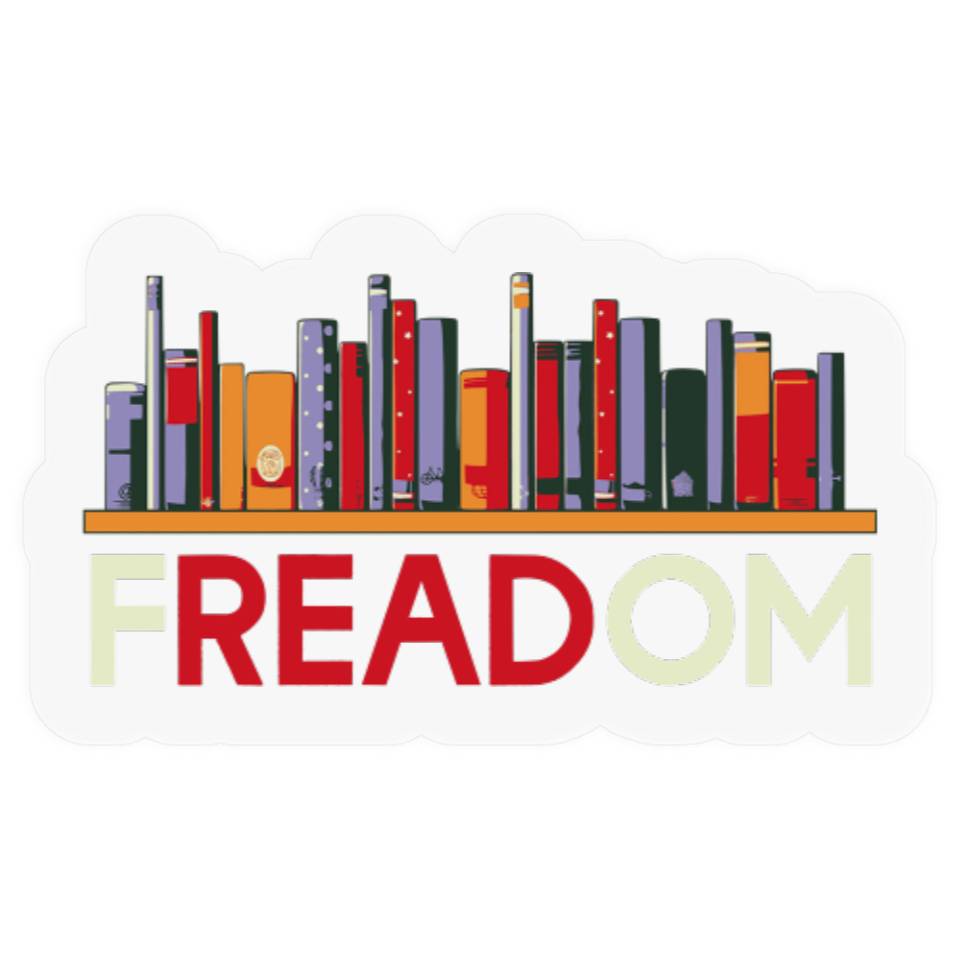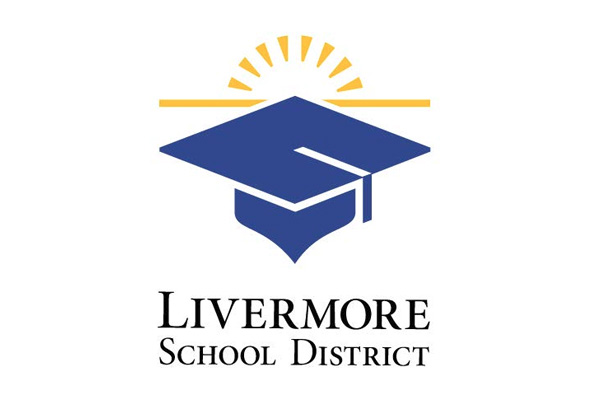In 2023 California saw a huge spike in book bans, title challenging, and targeted censorship within public libraries and educational textbooks. According to the American Library Association (ALA), the number of books criticized for their content escalated by 65% from 2022 to 2023. Public libraries reported that the number of books challenged increased by an astounding 92% over the previous year, while school libraries saw an 11% increase.
The ALA also documented efforts to censor a total of 4,240 unique book titles in schools and libraries, a sharp spike from the previous high of 2,571 in 2022. The association stated in an article that in total the “Office for Intellectual Freedom documented 1,247 demands to censor library books, materials, and resources in 2023,” and that there were efforts to censor over 100 titles in 17 states, most of them located on the eastern side of the U.S. The corporation’s data showed that around 47% of the book titles that were targeted for complete removal or restrictions involved representation and real life stories of LGBTQIA+ and BIPOC members.
“Every challenge to a library book is an attack on our freedom to read,” ALA President Emily Drabinski voiced in a statement. “The books being targeted again focus on LGBTQ+ and people of color. Our communities and our country are stronger because of diversity. Libraries that reflect their communities’ diversity promote learning and empathy that some people want to hide or eliminate.”
In addition, the director of ALA’s Office for Intellectual Freedom, Deborah Caldwell-Stone, stated, “Each demand to ban a book is a demand to deny each person’s constitutionally protected right to choose and read books that raise important issues and lift up the voices of those who are often silenced.”
According to the Berkeley Public Library, some banned books in California include The Perks of Being a Wallflower by Stephen Chbosky, The Hunger Games by Suzanne Collins, Invisible Man by Ralph Ellison, The Diary of a Young Girl by Anne Frank, The Giver by Lois Lowry, and so many more. A common theme seen within these books is that they all involve topics surrounding or rather involving racial and religious minorities, as well as sexuality and gender expression.
Arshia Mittal, a sophomore and frequent reader at GHS, stated in our interview that she does not support the book bans because “It is your opinion, and if you do not like the content then you do not have to read that book. Others can make their own choices and they can decide for themselves if they want to read that specific content…”
Ahana Deshpande, another sophomore student at Granada, agrees with that statement, claiming that she thinks “people ban books because they contain controversial topics that may not be appreciated in our society… This reason is valid, but I’m afraid it may be taken too far, as books contain topics we as a community should be aware of.”
In order to respond to the efforts made to ban access to diverse books, the ALA launched a national initiative known as Unite Against Book Bans (UABB) to inspire readers to stand up to the book bans and fight against the bowdlerization. On top of that, states have recently begun pushing back against book bans-ironically- “by banning them,” said Chandelis Duster of CNN on Tuesday, June 4, 2024. Due to the immense number of school districts facing unauthorized banning and limitations in educational content, attention has been drawn to the matter and lawmakers have begun to enforce laws banning book bans altogether.
Furthermore, the ALA has partnered with many organizations over the years to protect freedom of speech and expression. For example, an organization that brings grandparents as well as other allies together to combat book bans that is currently working alongside UABB, known as Grandparents for Truth, took their argument to the streets in 2023 to voice their opinions on what they called an “attack” on their rights to access content involving race, gender, and sexuality. On August 31, the association hosted a “Celebration of Reading” at the MLK Library in Washington, DC to express the joy of reading and to push back against those who wish to silence certain communities. The massive event was open to the public so people of all ages who support the freedom to learn were greatly encouraged to attend. Public events such as this one are especially important to associations such as this because they bring awareness to society and inspire others to join the fight against hatred and celebrate the diversity in our literature everywhere.

